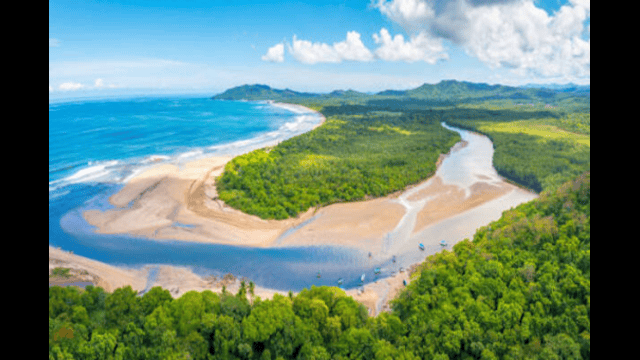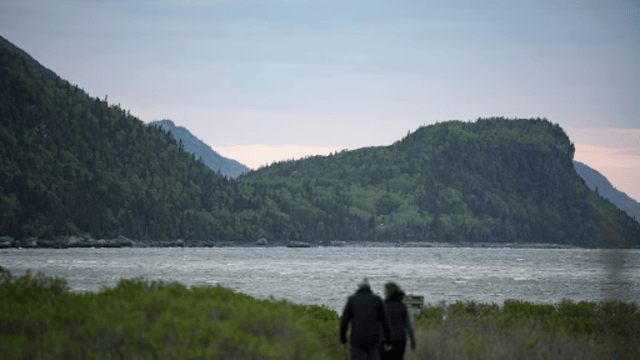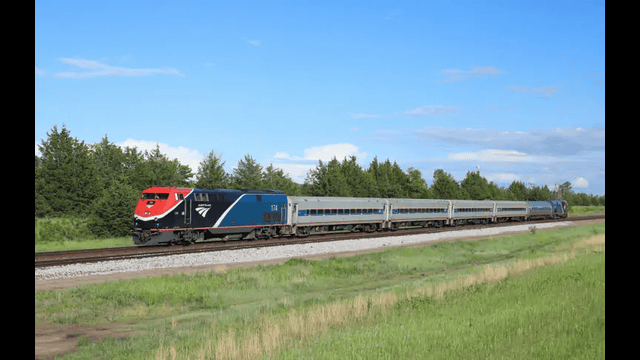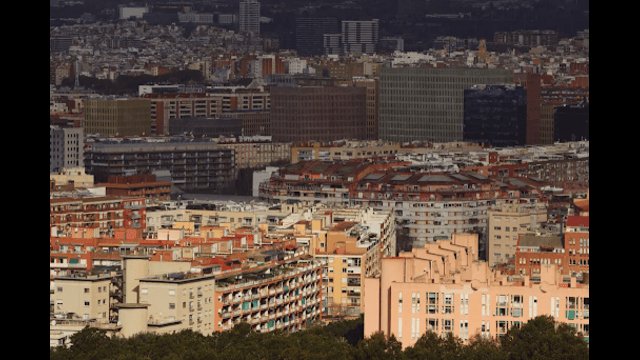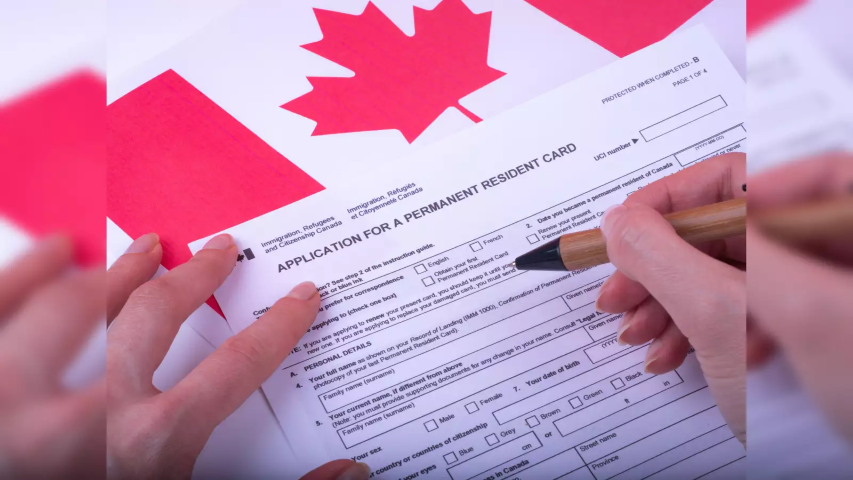
Photo from Economic Times
Growing numbers of individuals are seeking immigration to Canada through provincial nomination programs. However, there are distinct obligations associated with immigrating via provincial programs compared to federal ones. This article will explore the implications of receiving a provincial or territorial nomination and the requirements to settle in the nominating region.
Learn About Your Eligibility for Canadian Immigration
Mobility Rights as a Canadian Permanent Resident
Section 6 of the Canadian Charter of Rights and Freedoms grants permanent residents and citizens the freedom to reside and work in any province in Canada. This means that once individuals attain permanent resident status, whether through federal or provincial immigration programs, they have the liberty to relocate anywhere within Canada.
Applicants Chosen by a Province or Territory
Paragraph 87(2)(b) of the Immigration and Refugee Protection Regulations (IRPR) specifies that a foreign national is part of the provincial nomination class if they intend to live in the province or territory that nominated them. Provinces and territories, seeking to attract newcomers under local immigration initiatives, must create conducive conditions to entice and retain immigrants.
Applicants applying through provincial or territorial nomination programs must adhere to program criteria and maintain honesty throughout the application process. It is crucial that the intention to settle in the nominated province or territory is evident upon arrival. Applicants must genuinely aim to reside in the selected province stated in their permanent residence application and demonstrate sincere efforts to settle there before considering relocation to another Canadian province or territory.
Such endeavors should be documented to address any potential inquiries later on. For example, these efforts may prove significant when applicants seek Canadian citizenship as permanent residents.
Applicants Selected by the Federal Government
Conversely, federal immigration applicants who do not receive provincial nominations are not obligated to commit to a specific province or territory. This means that permanent residents immigrating to Canada through federal programs can opt to settle in any Canadian province or territory upon arrival.
Demonstrating the Intent to Reside
For instance, the Government of Ontario outlines that the intent to reside in the province can be substantiated through various documents, including:
- Records of current or past employment in the province
- Job offers or applications for positions within Ontario
- Educational background in Ontario
- Participation in volunteer activities within the province
- Lease agreements or property ownership in Ontario
- Professional affiliations and networks established in Ontario
- Family ties, social connections, or personal relationships in Ontario
- Previous visits to Ontario
Consequences of Misrepresenting the Intent to Reside
If an applicant no longer harbors the intention to reside in the nominating province or territory before or upon arriving in Canada, they may face repercussions for non-compliance. Failure to demonstrate genuine intent may lead to allegations of misrepresentation and could result in the loss of permanent resident status.
Individuals nominated by a province or territory, or those seeking further information about program requirements, are encouraged to seek guidance from authorized immigration lawyers.


